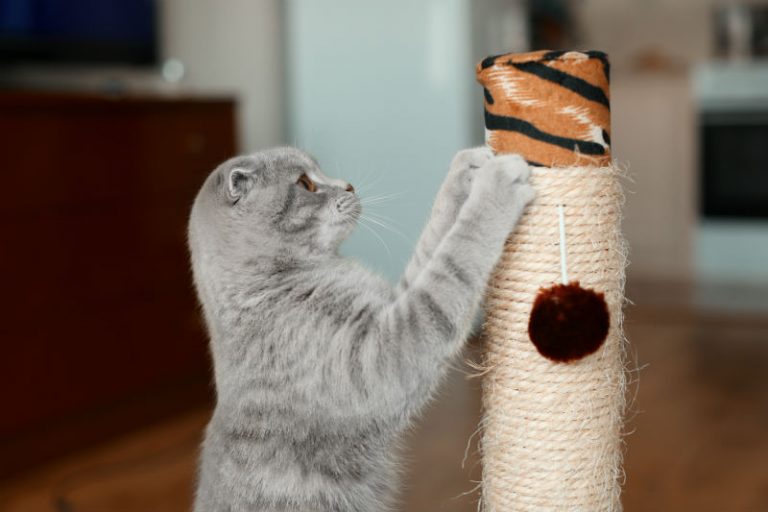Animals can develop cancer cells throughout their lifetime, just as we humans can. In some, these cells remain dormant and no malignancy ever grows; in others, the cells behave very badly. The cellular delinquents fight past the body’s natural immune system and develop into abnormal cells. They do not observe the healthy cell’s programmed death, so the cellular delinquents multiply as they crowd out healthy cells. They don’t follow any rules and ignore signals that they are overfilling the place. For nourishment, they cause new blood vessels to form to supply them, which should be supplying healthy tissue. These marauding delinquents can grow anywhere in our pets’ bodies, just like us: lungs, liver, spleen, kidney, intestines, bone, blood, brain, skin, muscle, mouth, digits and anal sacs.
Here are some signs that cancer may be lurking in your pet:
- Lumps and bumps that don’t go away.
- Wounds that don’t heal, particularly if their appearance is changing.
- Limping or other signs of pain while walking, running, or jumping.
- Unexplained weight loss.
- Less energy/willingness to play, walk and run.
- Lethargy, less appetite.
- Difficulty breathing.
- Bleeding, including nosebleeds, skin bruises, blood in stool, urine or vomit; pale gums.
- Bad odours from the mouth, ears or anus.
- Abnormal discharge such as blood or pus; vomiting or diarrhea, particularly if accompanied by other signs.
- Changes in urinary and bowel habits, such as straining or going too often.
These range from subtle to more obvious signs that something is wrong. Signs of cancer can be similar to ones seen in other diseases, so don’t assume your pet has cancer if you see one. Also, don’t assume that age alone is causing issues.
If your pet has one or more of these signs, see your veterinarian: catching any disease process early is best because it’s easier to treat. With cancer, early detection is key and sometimes can make the difference between good health at a reasonable cost and an expensive illness with a poor outcome.
Written by Alex Hare, DVM




